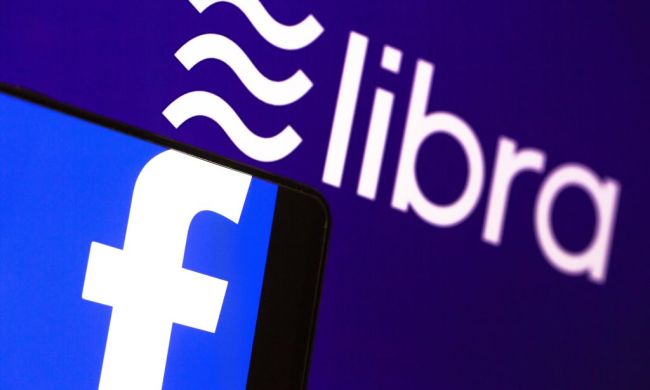
The social network’s content cleanup process began in earnest in 2014 but was renewed in August of last year when it developed its own take on a click-bait targeting system akin to an email spam filter. The move pre-empted the company’s broader strategy to tackle fake news, which kicked off in late 2016.
On Tuesday, Facebook announced it is adding signals to its News Feed algorithm to identify “authentic” posts from people and pages. The implementation process saw Facebook categorize Pages it identified as posting spam or trying to directly ask users for likes, comments, and shares in order to boost content. The company used this data to train a model that continuously detects whether posts from other Pages are likely to be authentic. Facebook claims one indication that a publisher may be posting misleading items is if people keep hiding its posts.
“We anticipate that most Pages won’t see any significant changes to their distribution in News Feed,” writes Facebook in its blog post. “Some Pages might see a small increase in referral traffic or outbound clicks, and some Pages might see minor decreases. Pages should continue to post stories that are relevant to their audiences.”
As a result of the changes, “authentic” content could rank higher in your feed. The social network already ranks items in regard to whether they are “newsworthy” and of interest to users based on personal activity (such as likes, reactions, comments, and shares).
Facebook is also adding real-time signals to its ranking system to help it to spot relevant trends. Now, if a topic or post from a Page is gaining a lot of engagement from users in your network, the News Feed will be able to understand that in real time and temporarily prioritize it. This could result in major breaking news and events posts being shown higher up in the News Feed due to the amount of chatter relating to them. The change builds on Facebook’s recent updates to its Trending feed, which saw it move away from individual posts to focus on improved topic identification.


